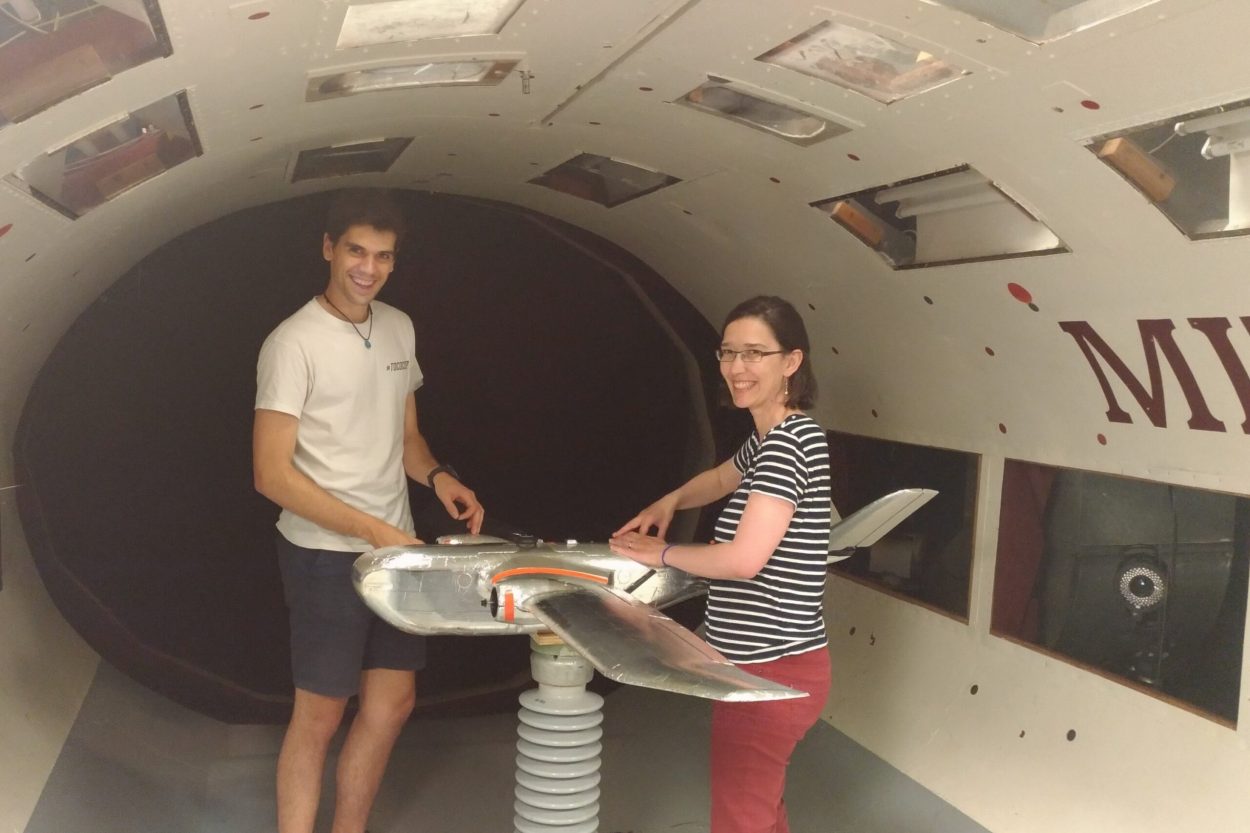Global partnerships are a fundamental component of research at MIT — even during this time of suspended travel. MIT International Science and Technology Initiatives (MISTI) supports those connections via MISTI Global Seed Funds (GSF).
GSF enables participating faculty teams to collaborate with international peers, either at MIT or abroad, to develop and launch joint research projects. MISTI GSF is comprised of a general fund open to any country, as well as numerous country, region, or university-specific funds. This year, there are 26 funds across Belgium, Brazil, Chile, China, Colombia, France, Germany, India, Israel, Italy, Japan, Jordan, Korea, Mexico, Spain, and the United Kingdom.
“The events of this year have shown exactly how critical it is for our research collaborations to cross international borders,” says Alicia Goldstein-Raun, MISTI assistant director. “The goal of MISTI GSF is to enable our researchers to build lasting collaborations that tackle global problems.”
GSF-funded projects unite teams of faculty and students with international peers, combining their individual strengths to address challenging issues that may have a worldwide impact. Every year, the program gives over $2 million to faculty from every school across the Institute, awarding $20 million to 948 projects since its inception in 2008. Over three-quarters of MIT faculty have submitted at least one MISTI GSF proposal.
Typically, MISTI GSF projects have researchers traveling the globe year-round, with many trips happening during the summer. When Covid-19 spread across the world this spring, it quickly became evident that the GSF projects would be impacted. Consequently, MISTI extended fund availability beyond the typical 20-month window for all current recipients. And while the new GSF cycle typically launches in the spring with a deadline in the fall, MISTI postponed the launch this year to September because of the pandemic. The call for proposals is now open and will close Dec. 14. Applicants will be informed of the results in mid-April 2021.
MISTI seed fund projects often have an impact far beyond their original scope, and a number of MISTI GSF projects have contributed to efforts to combat the pandemic. Hadley Sikes, associate professor of chemical engineering and Esther and Harold E. Edgerton Career Development Professor, translated some of the findings from her funded project to her coronavirus research, developing a rapid Covid-19 test.
“GSF supported two extremely talented students from Tec de Monterrey, Daniela Cavazos-Elizondo and Alejandra Martínez-Dibildox, to come work in my lab over the summer last year. Their research visit resulted in two manuscripts that were finished up for submission to peer-reviewed journals during the academic year. One of the MISTI Mexico students, an undergraduate at the time, is the first author of one,” says Sikes. “We are using what they learned in our paper-based Covid-19 tests now — their contributions are important for enabling manufacturing and scale-up.”
Alex K. Shalek, a core member of the Institute for Medical Engineering and Science, an associate professor of chemistry, and an extramural member of the Koch Institute for Integrative Cancer Research, has also leveraged MISTI GSF research to address the pandemic. He and his team are currently looking at how Covid-19 targets cells in the body and have benefited from the jump start they received from their GSF-funded project.
“There are several important considerations [to this research]. A critical one is identifying which host factors the virus uses to infect cells and the cells that express them (and hence are likely targets of infection). This is something that we were able to begin exploring with data in-hand that we had collected thanks, in part, to GSF support,” says Shalek.
“The GSF-supported collaborative work with partners in South Africa, which helped us generate high-resolution single-cell datasets from tuberculosis (TB) infected human lung and HIV-1 infected human gut tissues. This data enabled us to identify cells that express, at the RNA level, ACE2 and TMPRSS2, and thus represent likely viral targets. It also revealed potential associations with co-infections (here, HIV and TB) and provided valuable information pertinent to HIV and TB.”
MISTI GSF projects have had a meaningful impact on the trajectory of faculty research. Many of these collaborations have led to published papers, subsequent grants, and lasting connections between MIT and other leading research institutions. On top of supporting faculty, these funds also provide meaningful educational opportunities for students. The majority of MISTI GSF teams include students from MIT and international collaborators, bolstering both their research portfolios and global experience.
“It’s a fantastic way to connect with the global scientific community and establish lasting partnerships and friendships,” says Shalek. “And, it’s a wonderful learning experience for your team and collaborators.”
For more information or to apply for MISTI Global Seed Funds, please visit the MISTI website.
